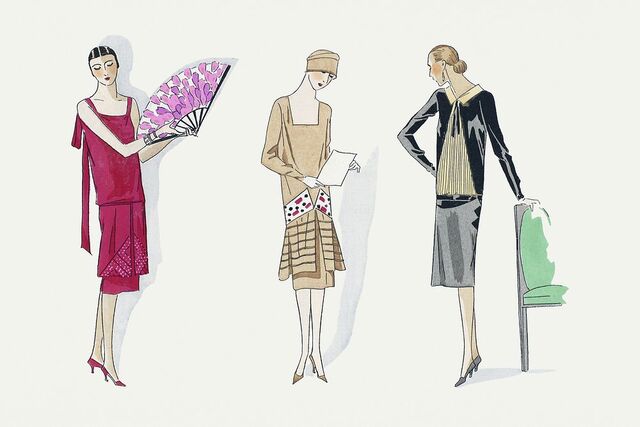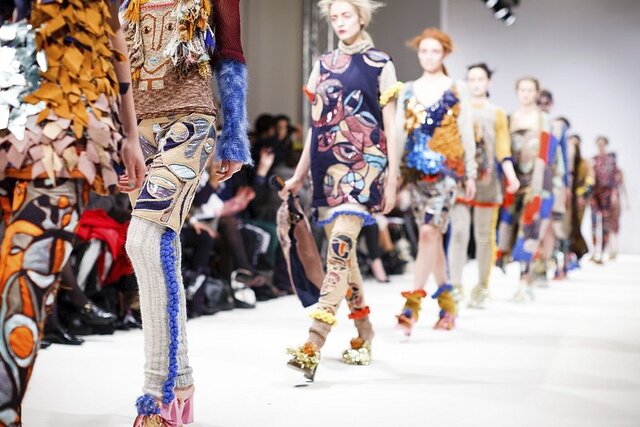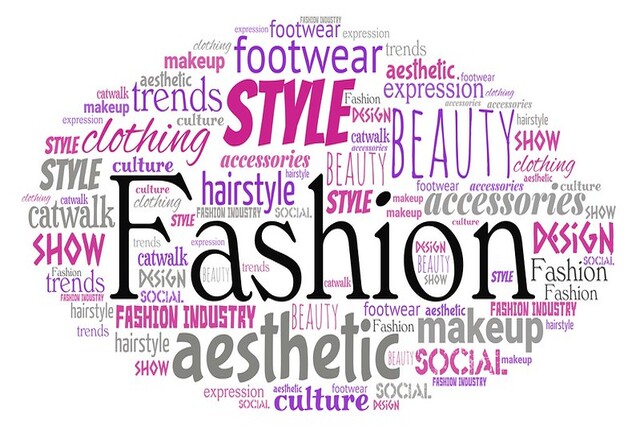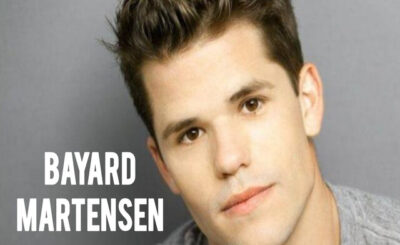Fashion Industry Marketing Jobs have long been at the intersection of creativity and strategy, reflecting the ever-changing dynamics of consumer behavior and technological advancements. As the fashion landscape continues to evolve, so too do the roles and responsibilities within this field. This article delves into the transformation of fashion marketing careers, highlighting current trends and providing insights into future predictions for those pursuing a career in this vibrant sector.
Table of Contents:
The Historical Landscape of Fashion Marketing
From Print to Digital: The Shift in Marketing Strategies
Traditionally, fashion marketing was dominated by print media—magazines, billboards, and direct mail were the primary means of reaching consumers. High fashion jobs were often centered around large-scale advertising campaigns featuring luxurious imagery. However, the advent of digital media in the late 1990s and early 2000s marked a turning point in the fashion marketing landscape.
As consumers began to spend more time online, brands shifted their focus to digital platforms. This transition gave rise to new marketing strategies that were more interactive and engaging, paving the way for the roles we see today in fashion marketing.
The Rise of Influencer Marketing
In recent years, the emergence of social media influencers has transformed how fashion brands connect with their audience. Influencer marketing allows brands to reach targeted demographics through authentic voices, bridging the gap between consumer and brand. This shift created a new category of fashion marketing jobs that focuses specifically on influencer partnerships and social media strategies.
Current Trends in Fashion Industry Marketing Jobs

Data-Driven Marketing
In the digital age, data has become a crucial asset in fashion marketing. Brands now have access to vast amounts of consumer data that allow them to tailor their marketing strategies effectively. Roles focusing on data analysis, consumer behavior, and market research are becoming increasingly important. Fashion industry marketing jobs now often require proficiency in data analytics tools, making data-driven decision-making a key skill for aspiring marketers.
Sustainability and Ethical Marketing
As consumers become more conscious of sustainability and ethical practices, the fashion industry is responding with transparency and accountability. Marketing professionals are now tasked with communicating these values effectively. High fashion jobs are evolving to include sustainability roles, where marketers promote eco-friendly practices, responsible sourcing, and transparent supply chains. This trend reflects a growing demand for marketers who can resonate with environmentally conscious consumers.
Omnichannel Marketing Strategies
The blending of online and offline shopping experiences has led to the development of omnichannel marketing strategies. Fashion brands now aim to create a seamless experience for consumers, whether they shop in-store or online. This trend has prompted the creation of marketing jobs that specialize in coordinating campaigns across multiple channels, ensuring a consistent brand message.
The Importance of Personalization
Personalization has become a critical component of fashion marketing. Consumers today expect tailored experiences that speak directly to their preferences and needs. As a result, marketing professionals in the fashion and beauty jobs sector are increasingly focused on using AI and machine learning to analyze consumer data and deliver personalized recommendations.
Future Predictions for Fashion Industry Marketing Jobs

Integration of Artificial Intelligence
As AI technology continues to advance, its impact on fashion marketing is expected to grow. We can anticipate a rise in fashion marketing jobs that use chatbots for customer care, AI for modeling, and automated content generation. Marketers who can harness these technologies will be highly sought after, making AI proficiency a valuable skill in the industry.
The Evolution of Content Creation
Content marketing has become a cornerstone of fashion brand strategies. The future will likely see an increase in demand for creative roles focused on content creation, such as video production, graphic design, and storytelling. Fashion marketing professionals will need to be versatile, adapting their skills to meet the demands of various content formats across multiple platforms.
Greater Emphasis on Diversity and Inclusion
Diverse and inclusive marketing strategies are becoming more and more important as the fashion business develops. Brands are recognizing the importance of representing a wide range of voices and experiences. Future fashion marketing jobs will likely prioritize candidates who demonstrate cultural awareness and can create campaigns that resonate with diverse audiences.
Remote Work and Global Talent Pools
The fashion sector is set to continue its trend regarding remote work, which has been expedited by the COVID-19 epidemic. This change gives brands the chance to access worldwide talent pools, resulting in a diversity of viewpoints and creative ideas. Fashion marketing professionals may find themselves working in increasingly flexible environments, collaborating with teams across different countries and cultures.
Understanding Fashion Industry Marketing Jobs Salary

Salary Expectations in Fashion Marketing
Pay for marketing positions in the fashion sector can vary greatly depending on a number of criteria, including function specificity, geography, and experience. Professionals with more experience, especially those in managerial or high fashion sectors, can make up to $100,000 per year. Entry-level occupations typically pay between $40,000 and $50,000 annually.
Regional Variations
Location also plays a crucial role in salary expectations. Major fashion hubs like New York City, Paris, and Milan tend to offer higher salaries due to the cost of living and the competitive nature of the industry. Additionally, luxury brands often offer higher compensation packages compared to fast fashion retailers.
The Skill Set of the Future Fashion Marketer
Essential Skills for Aspiring Fashion Marketers
To succeed in the evolving landscape of fashion marketing, professionals will need to cultivate a diverse skill set. Key skills include:
- Digital Marketing Proficiency: Understanding social media, SEO, and content marketing.
- Data Analysis: Ability to interpret consumer data to inform marketing strategies.
- Creative Thinking: Innovative ideas for campaigns that resonate with target audiences.
- Communication Skills: Strong written and verbal communication to convey brand messages effectively.
- Project Management: Coordination of various marketing efforts across platforms.
Continuous Learning and Adaptation
As the fashion industry evolves, so too must the skill sets of its marketing professionals. Continuous learning through workshops, online courses, and industry events will be essential for staying ahead in this fast-paced environment.
Conclusion
The evolution of fashion industry marketing jobs reflects broader changes in technology, consumer behavior, and societal values. From the rise of influencer marketing to the emphasis on sustainability, the landscape is continually shifting. As we look to the future, it is clear that adaptability, creativity, and a keen understanding of digital tools will be vital for success in this dynamic field. Whether you’re exploring fashion and beauty jobs or considering a high fashion job, staying attuned to these trends will prepare you for a successful career in fashion marketing.







